Revenue from 1 billion VND must use electronic invoices
On March 22, 2025, the Government issued Decree No. 70/2025/ND-CP amending and supplementing a number of articles of Decree No. 123/2020/ND-CP on invoices and documents. The Decree takes effect from June 1, 2025.
A notable new point is that households and individuals doing business with an annual revenue of 1 billion VND or more must use electronic invoices generated from connected cash registers and transfer data to tax authorities instead of paying lump-sum taxes as is currently the case.

The groups of industries applying the above regulations include: Sales of goods, provision of services; food and beverage; restaurants; hotels; passenger transport services, direct support services for road transport, art services, entertainment, film screening activities, other personal services...
In addition, consumers are encouraged to request invoices through loyalty and reward programs. At the same time, the time of invoice issuance for exported goods and services in large quantities is also clearly regulated.
Chairwoman of the Vietnam Tax Consultants Association (VTCA) Nguyen Thi Cuc said that the application of digital technology solutions is extremely necessary, creating convenience for business households and individuals to determine revenue, expenses and tax obligations for each business sector.
Sharing the same view, Director of Hanoi Tax Consulting Company Limited Le Thi Yen commented that applying electronic invoices generated from cash registers is an important step, helping to improve transparency and efficiency of financial management.
Ms. Le Thi Yen also pointed out that currently, most households and individuals doing business pay taxes according to the lump-sum method, still have the mentality of doing small businesses, with odd incomes, without needing to issue invoices.
In addition, the capacity and knowledge of tax and accounting of this group is limited, they do not clearly understand their rights and tax obligations; the operating apparatus usually has only 1-2 people (including the head of household and assistant), and there is no specialized accounting department.
Along with that, they do not have the habit of keeping accounting books, managing income and expenditure by paper or incompletely. They also have difficulty accessing electronic invoice software, especially in rural areas and for the elderly. Therefore, the authorities need to support and guide in the beginning.
“Business households and individuals also need to change their mindset and adapt to new tax regulations. First of all, business households and individuals need to review inventory, debt, and cash flow data as a basis for the opening balance to enter into the system; establish and standardize customer lists, suppliers of goods, materials, etc.; at the same time, research and choose a suitable, synchronous, and convenient technology platform for future management,” said Ms. Le Thi Yen.
Building a transparent business ecosystem
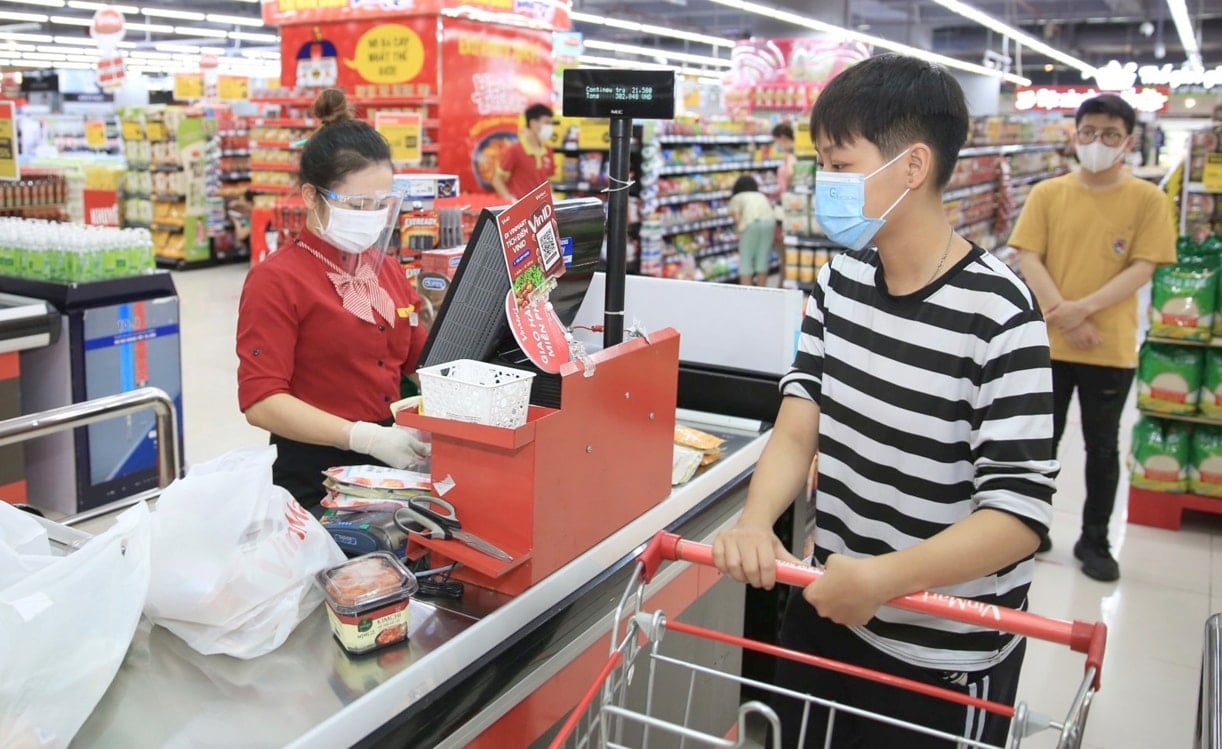
Notably, Mr. Le Hong Quang, General Director of Misa Joint Stock Company, shared that compliance with regulations on invoices and documents is an important step in the digital transformation process, promoting the development of the private economy, building a more transparent and professional business ecosystem.
Applying electronic invoices not only helps with tax declaration, but through this application, store management will also be more effective, such as knowing the number of customers, peak customer times, favorite products to have business orientation, customer care and support for bank loans.
"Misa Company has provided a set of electronic invoice solutions initiated from cash registers, integrating sales-invoice-accounting management. This solution set is developed with the goal of comprehensive, effective management, easy to deploy, fully compliant with tax regulations and cost optimization for users," Mr. Quang introduced.
From the perspective of the management agency, Head of the Department of Personal Tax, Business Households and Other Revenues (Tax Department Region I) Le Ngoc Huy said that the general orientation in tax management for business households is that taxpayers self-declare and self-pay taxes to ensure fairness.
With the new regulations, the Tax Department of Region I has assigned tasks to each department and tax team in the area, from April 23 to review households and individuals doing business with revenue of 1 billion VND or more; identify subjects; propagate, mobilize, and guide implementation...
"We expect to complete preparations in May and start implementing electronic invoices generated from cash registers for households and individual businesses with revenue from June 1," said Mr. Huy.
To help business households and individuals understand the new regulations in Decree No. 70/2025/ND-CP, on April 24, the Tax Consulting Association and Misa Joint Stock Company organized a workshop on "regulations on electronic invoice regime for business households and individuals".
Source: https://hanoimoi.vn/thuc-day-kinh-te-tu-nhan-va-he-sinh-thai-kinh-doanh-minh-bach-700180.html




![[Photo] More than 17,000 candidates participate in the 2025 SPT Competency Assessment Test of Hanoi National University of Education](https://vphoto.vietnam.vn/thumb/1200x675/vietnam/resource/IMAGE/2025/5/17/e538d9a1636c407cbb211b314e6303fd)

![[Photo] Prime Minister Pham Minh Chinh chairs meeting on science and technology development](https://vphoto.vietnam.vn/thumb/1200x675/vietnam/resource/IMAGE/2025/5/17/ae80dd74c384439789b12013c738a045)
![[Photo] National conference to disseminate and implement Resolution No. 66-NQ/TW and Resolution No. 68-NQ/TW of the Politburo](https://vphoto.vietnam.vn/thumb/1200x675/vietnam/resource/IMAGE/2025/5/18/adf666b9303a4213998b395b05234b6a)





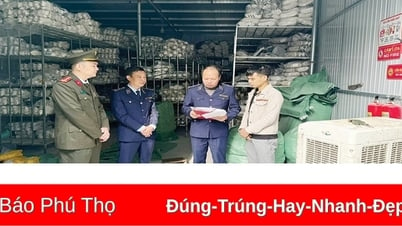








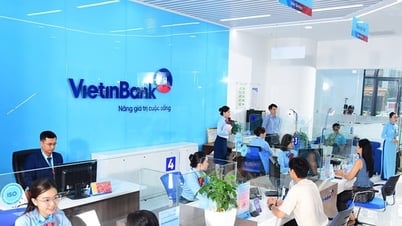


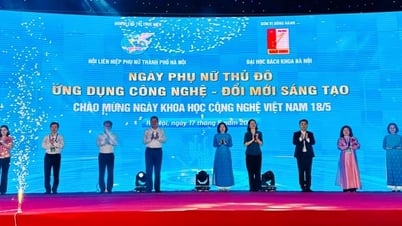

![[Photo] Readers line up to visit the photo exhibition and receive a special publication commemorating the 135th birthday of President Ho Chi Minh at Nhan Dan Newspaper](https://vphoto.vietnam.vn/thumb/1200x675/vietnam/resource/IMAGE/2025/5/17/85b3197fc6bd43e6a9ee4db15101005b)

















































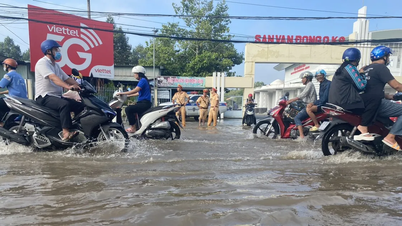
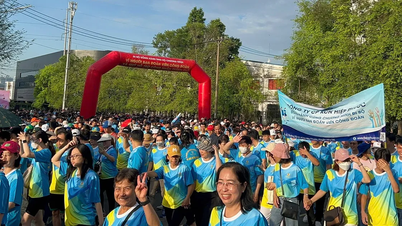








Comment (0)